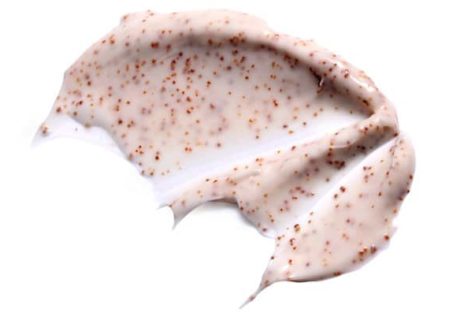Diet drinks and zero calorie sodas have become the fallback for the fizzy drinks giants when their full sugar products are targeted by campaigners. “Look at all these ‘healthy’ alternatives we offer” industry will say.
But now diet drinks too are facing scrutiny as evidence linking them with obesity grows, reports the BBC.
A special feature for BBC Online looked at the latest research and heard from leading scientists in the field.
Several large scale studies have shown that obese people tend to drink more fizzy diet drinks than those of a healthy weight. For example, one study of US adults (published in the American Journal of Public Health) showed 11% who were a healthy weight, 19% of those who were overweight and 22% who were obese drank diet beverages. Another study in the journal Obesity that followed 3,700 people for eight years showed those consuming the low-calorie sweeteners put on the most weight.
These findings have prompted scientists to ask if low-calorie sweeteners could be fuelling the problem they are intended to control. One theory is that diet drinks alter the way the body processes normal sugars. When rats were given low-calories drinks their hormonal response became blunted so they were unable to metabolise sugar, leading to increased blood sugar levels and weight gain.
Other animal studies have shown that low-calories sweeteners alter gut bacteria. A study published in the journal Nature, showed that low-calorie sweeteners altered the animals’ metabolism and led to higher blood sugar levels – an early sign of developing type 2 diabetes. In follow up studies, the same effects were mirrored in humans.
But some scientists are unconvinced that artificial sweeteners are having these physiological effects. Prof Peter Rogers, from the University of Bristol, told the BBC that it was “equally plausible” that sweeteners “may actually decrease one’s desire for a sweet dessert”.




